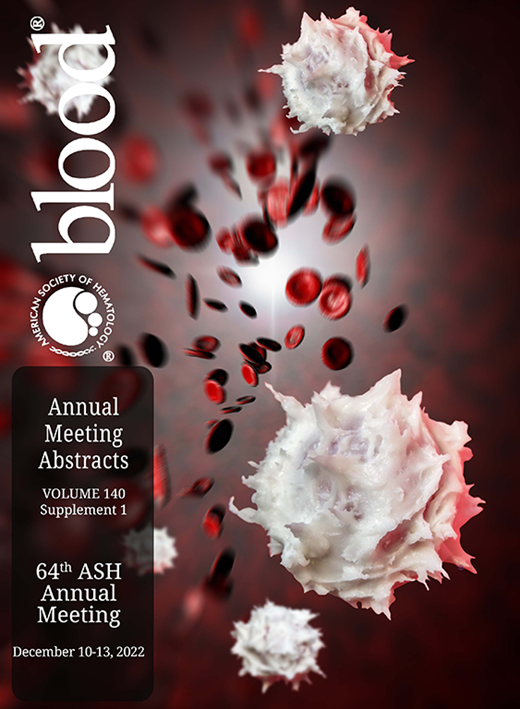Abstract
Many of the regulatory features governing erythrocyte specification, maturation, and associated disorders remain enigmatic. To identify new regulators of erythropoiesis, we previously performed a functional genomic screen for genes affecting expression of the erythroid marker CD235a/ GYPA in human erythroid leukemia cells. Among validating hits were genes coding for the N6-methyladenosine (m6A) mRNA methyltransferase (MTase) complex, including, METTL14, METTL3, and WTAP. Here, we show that m6A-MTase activity is required for human erythropoiesis in bone marrow-derived and G-CSF-mobilized CD34+ cells. Ablating m6A-MTase activity by genetic knockout or chemical inhibition blocks early CD71+ erythroid progenitors from transitioning to CD71+CD235A+ stage. Comprehensive mapping of m6A-RNA marks via m6A-SAC-seq revealed more than 30,000 m6A sites among more than 8000 protein coding genes and 100s of non-coding RNAs. A significant portion are dynamic during erythropoiesis and include key regulators of erythropoiesis. Mechanistic studies revealed that many of these events enhanced translation of their targets during erythropoiesis, including PABPC1 and SETD1B. We speculate that added requirement for m6A-MTase activity during erythropoiesis is an adaptation in large mammals to allow the additional expansion of erythroid progenitors.
Disclosures
No relevant conflicts of interest to declare.
Author notes
Asterisk with author names denotes non-ASH members.

